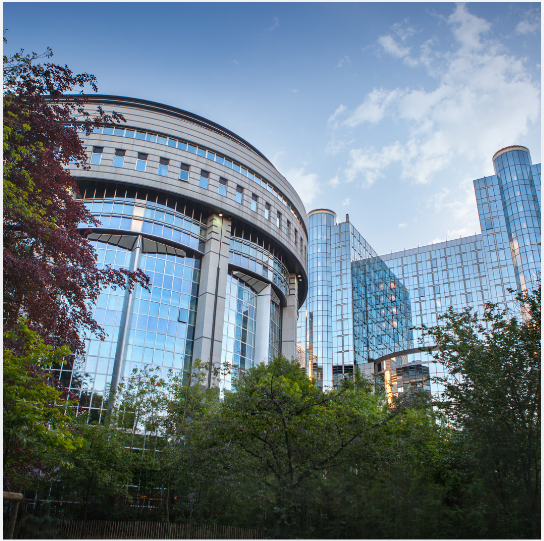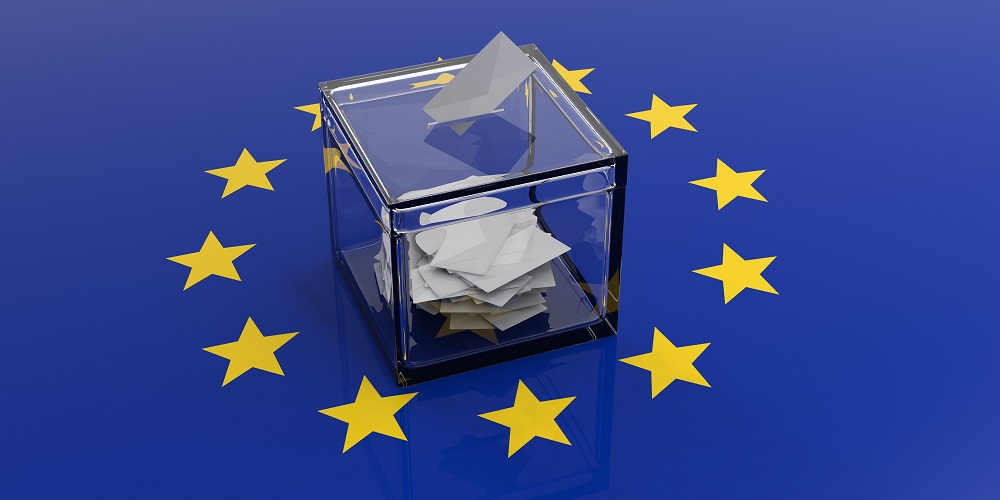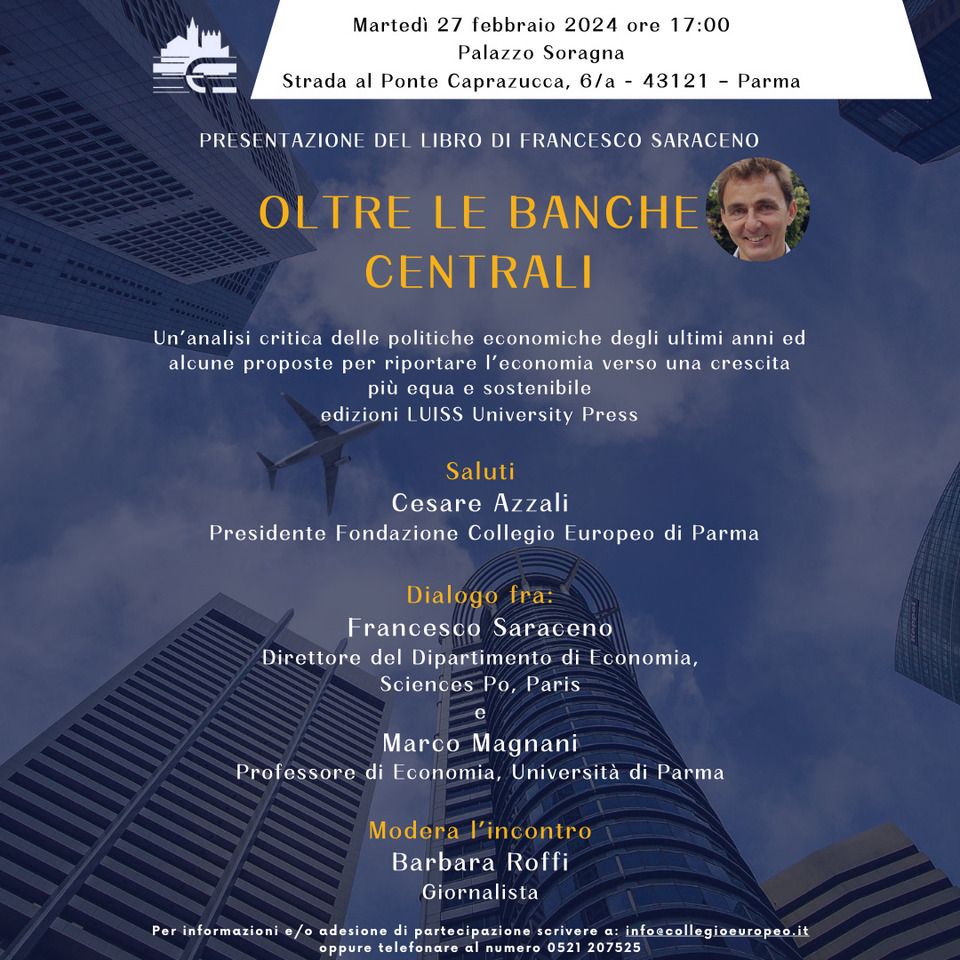Alfredo De Feo, Scientific Director of the European College of Parma Foundation
Now that the European citizens have elected the 720 Members of Parliament, how can the newly elected Members influence the decisions of the Parliament?
First, they will discover that the so-called multilingualism, where everyone can speak their own language, is a chimera. Indeed, theoretically, speaking one’s own language is a right certainly guaranteed in plenary sessions but not sufficient to ensure good integration into the parliamentary work. The administration provides Members with interpreter and translation services; additionally, each Member can hire assistants to help them in communicating with their peers. However, if a Member cannot express themselves in one of the “vehicular” languages, or rather “in the vehicular language”, they risk being marginalized in the parliamentary work.
The new Member will then discover that the organization of political work in the EP revolves around two pillars, two sides of the same coin: political groups and parliamentary committees.
The parliamentary committees are divided by thematic areas, mirroring the committees of national parliaments. Members will be assigned to parliamentary committees based on their competencies and preferences. The composition of the committees will thus be proportional to the composition of the plenary assembly. Having specific expertise in a certain area will increase the possibility of influencing decisions.
In the committees, besides the President and Vice Presidents, a central role is played by the spokespersons of the groups, one or two per group, who have the task of finding the most unified positions within the group and then defending the results achieved in the committee within their own political group. The groups’ spokespersons also decide the group responsible for each report or opinion and choose the rapporteurs and shadow rapporteurs. Those positions are key to leave a mark on parliamentary work.
For this reason, specific expertise in the European issues addressed by the parliamentary committee is essential to be able to aspire to hold one of the aforementioned roles and influence the decision-making process. Indeed, expertise counts; the impact of each Member will be proportional to their competence and way of interacting with their peers.
Work in the committees is certainly fundamental, as the EP’s position on the legislation to be adopted is prepared in the committees, but it is not sufficient, as the plenary votes are determined by the positions of the political groups.
To be influential, the Member must know how to find their points of reference within the group. Obviously, each group has its own organization, which generally includes a role for national delegations and some thematic areas, which generally cover the competencies of several parliamentary committees. Again, Members who want to assert national specificities must find the support of the political group, which will then have to negotiate compromises with other groups to achieve the required majority in the plenary.
In conclusion, we hope that the new MEPs will rapidly adapt to the EP working method to value their expertise and to integrate well into the parliamentary committees and their respective political groups to actively participate in the democratic construction of Europe.




